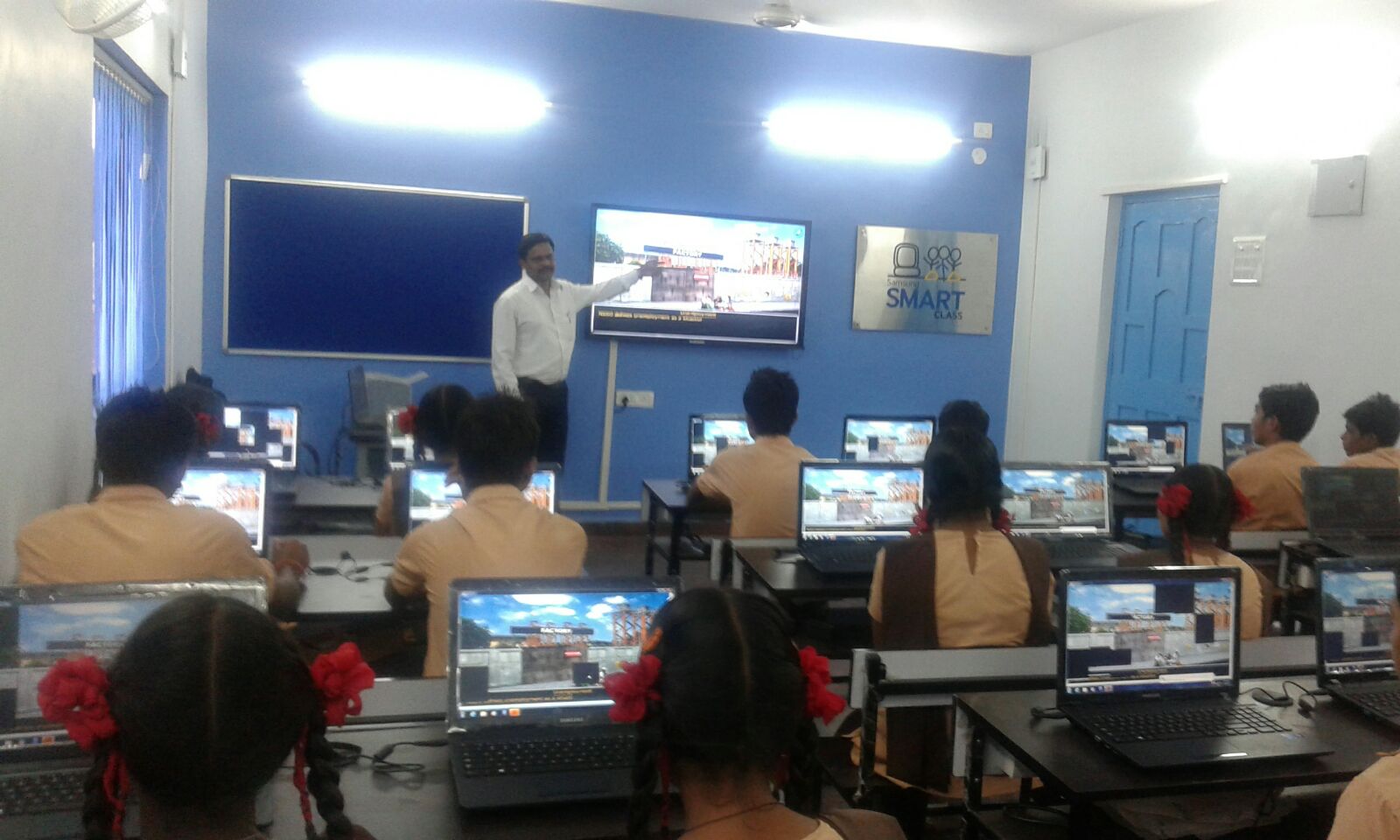
FUTURE PERSPECTIVE
The various Organization Development processes and the assessment of the context, organization and capacities have lead to the re-articulation of Karunya Trusts. Core values, Vision, Mission, Strategy, Role, Objective and Programmatic thrust areas.
Karunya Trust's Future Perspective will be Child Focused Community Development
Karunya Trust Paradigm of Development:
Karunya Trust work with the poor and marginalized of the community has given many lessons and concerns for the future. These new learnings have provided as a base and direction for its future development paradigm and interventions. The same is enumerated below.
Karunya Trust aims at:
Realizing the gospel values of love, freedom, fellowship and peace in the society.
Promoting people-centered interventions, initiatives and development.
Restoring and enhancing human dignity of the needy and marginalized.
Creating a just and harmonious society
Karunya Trust believes in:
optimum utilization of everyone's capacity.
the climate of cultural and religious pluralism in Indian context.
respecting diverse opinions and in result oriented dialogue.
Karunya Trust's theory of change
It explains its alternative paradigm of development as explained below; The concept of change for Karunya Trust is based and motivated by the Scripture. It holds that every human being is created in the image of God and redeemed by Jesus Christ and is therefore invaluable and worthy of respect as a member of the human family. Human dignity comes from God and based on His very nature which is communal and social, we share this communal, social nature and we are called to reach out and to build relationships of love and justice. The Church's teaching according to Karunya Trust is 'love or preference for the poor' and this preference is not optional. This preference for the poor must embrace the hungry, the homeless, those in medical or other need and above all those without hope of a better future. And so we need to standing with the poor, being present to the poor, seeing the world from the perspective of the poor, working with the poor, advocating for the poor.
To fulfill the vision and mission, Karunya Trust will cater to the development needs of the target community viz. Children, Youth, Women, Marginalized and Landless Farmers, and Elderly and Disaster Victims. It will do this by enhancing active participation of Parishes, Nodal Centres, Associations, Volunteers, CBOs, NGOs. It will be promoted by involving the Nodal Centres, likeminded people, other FBOs and NGOs, civil authorities, volunteers, Individuals, Stakeholders, Beneficiaries Corporates, National and International agencies, and with the community at large for seeking necessary support and resources.
Paradigm Shift
From the experience of the last 17 years Karunya Trust has recognized the need and relevance to make a shift in its overall development understanding, approaches, strategies and methodologies. The shift is not instant rather it will introduce these understanding, strategies, approaches and methodologies incrementally and systematically. The shift will be made in the following aspects;
1 It has realized the need for a shift from charity based approach to justice based approach as charity is a response to the effects of personal and social ills while justice aims at remedying the causes of such ills.
2 In the Child Development framework it will also include all the other actors and stakeholders which influence their development such as Parents, Guardians, Community at large, like-minded NGOs and other Government Agencies thus promoting a holistic approach.
3 From the present Project Mode to the Process mode focusing more on sustaining the programmes and promoting ownership by the community.
4 Becoming pro-active in addressing the issues rather than just being reactive.
5 Ensuring that all the development interventions are results based and not just activity based and that they give us the desired results.
6 Becoming conscious of its role as “Facilitator” and not as DOER/ Implementer.
Strategy
• Strengthening the Nodal Centres, CBOs, and Federations through awareness programs, seminars and trainings.
• Forming Volunteer and action groups.
• Networking with the likeminded Individuals, NGOs and Corporates, and legal bodies.
• Advocacy and lobbying with like-minded individuals and organizations.
• Policy research and Be an Influencer in the policy making team.
• Emergence of community leadership.
• Alliance development with Social Work Colleges, other development agencies.
• Partnership with Funding bodies, Corporates, Development Institutions, Government Agencies and other NGOs.
• Capacity building of the organisation and various stakeholders.
• Mobilisation of resources at local, national, and international level- projects and schemes.
• Involvement in good governance.
Target Group
The emerging need and concerns from the context is that Karunya Trust must work for all those stakeholders who influence children’s lives. Secondly along with the children there is also a need to work for the poor and marginalized people and they will be the beneficiaries for all its future development interventions and the same is stated below;
1 Children -Slum children, Pavement Dwellers' Children, Street children, Institutionalized children, Children of special group (Children of prostitutes, leprosy patients, construction workers, prisoners, handicapped), Differently abled, Dropouts from School, Rag Pickers, HIV children, Village children, Socially and economically backward children.
2 Youth - (Poor and Marginalized youth, Unskilled, Unemployed, Youth in need of social orientation)
3 Women (BPL, socially and economically backward, HIV Affected and Infected, Rag Pickers, Women in distress (women thrown out of the house, psychological and psychosocial support) Elderly women.
4 Elderly (Geriatric care and palliative care)
5 Small scale farmers (Marginal, landless and organic farmers)
6 Disaster Victims (of both natural and man made disaster)
Target Coverage
Karunya Trust is the social wing of the Kalyan Diocese and it is the Diocesan Social Action. It is presently catering to the five districts namely Urban and Rural Districts of Mumbai, Thane, Pune, Nasik, Raigad through its programme and interventions. The Diocesan Social Perspective Plan has a scope and plan to reach to all the operational areas through its programmes.
